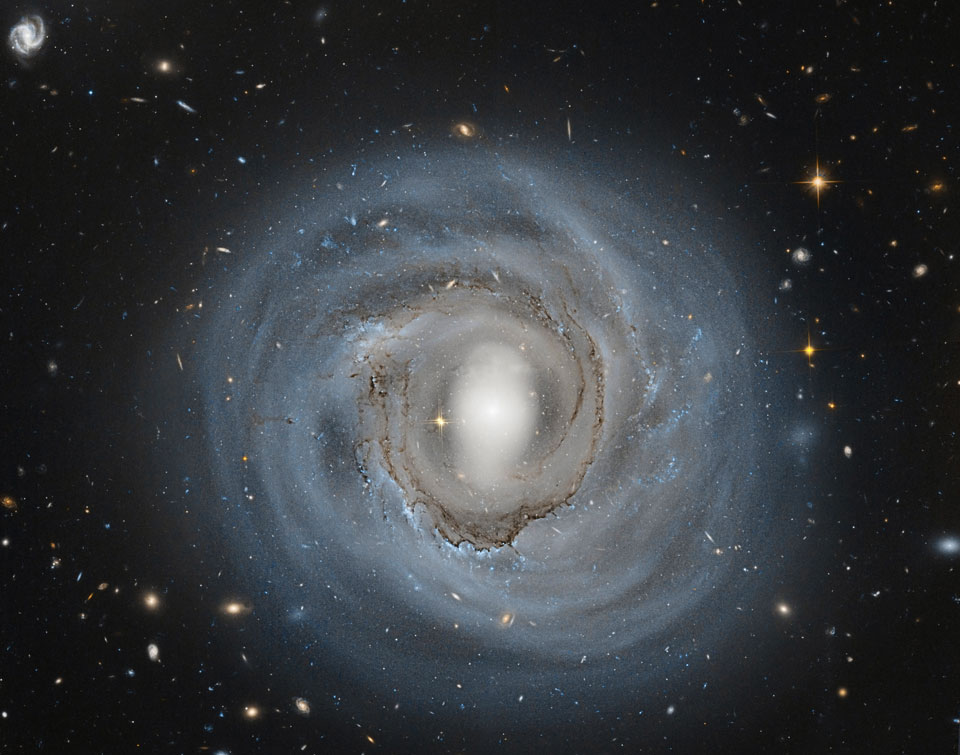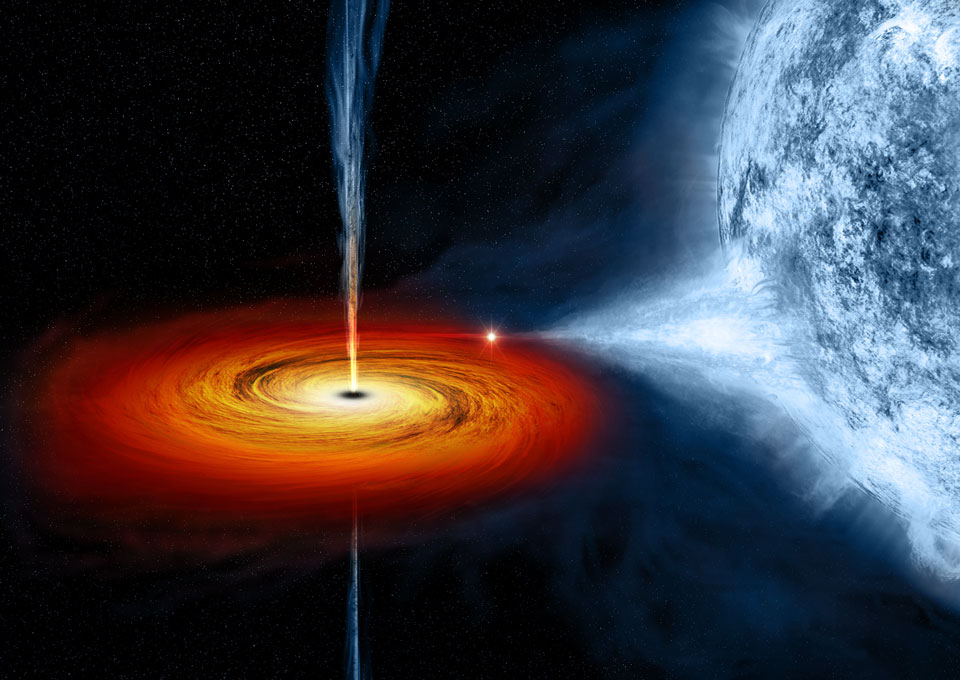 |
Plato (428-328 BC)
A Philosopher of Science
with enormous impact also on Theology
image wikimedia |
The philosophy of science is concerned with all the assumptions, foundations, methods, implications of science, and with the use and merit of science.
This discipline sometimes overlaps metaphysics, ontology and epistemology, viz., when it explores whether scientific results comprise a study of truth.
In addition to these central problems of science as a whole, many philosophers of science consider problems that apply to particular sciences (e.g. philosophy of biology or philosophy of physics).
Some philosophers of science also use contemporary results in science to reach conclusions about philosophy.
Philosophy of science has historically been met with mixed response from the scientific community. Though scientists often contribute to the field, many prominent scientists have felt that the practical effect on their work is limited.
wikipedia
Well written!
Fair enough!
In this context what I have been doing in Space Theology and in other writings can indeed be called Theology of Science.
Not less than Philosophy of Science it deals with the issues of truth and Truth.
And one may well say that "many prominent scientists have felt that the practical effect on their work is limited". For deeper understanding of Philosophy and especially of Theology is not that common among highly specialized top scientists who are trained in their own specific fields of study and having little if any time to concentrate on subjects beyond their chosen field of research.



